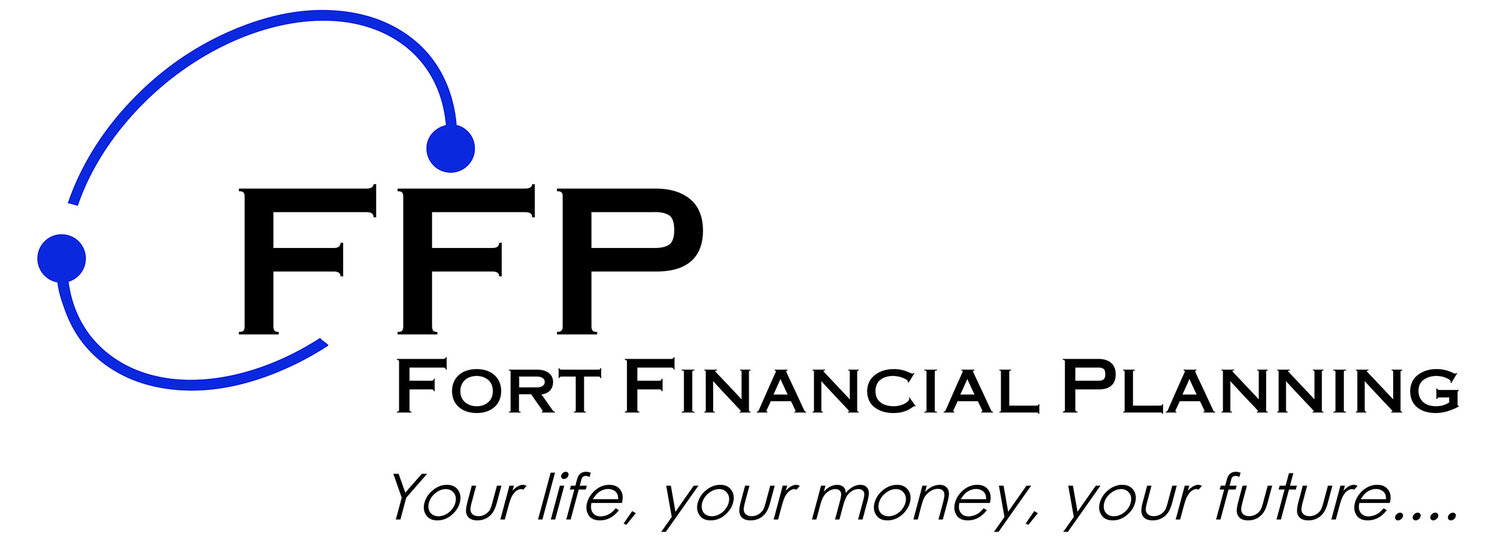Lessons for investors from the COVID crisis
Written by Andrew Fort
Over the last 10 weeks or so the world’s stock markets have crashed and, surprisingly, partially recovered despite the terrible disruption and ever increasing death toll. Daily market returns have ranged from -12% to +9.6% (S&P 500).
The economic shutdown is likely to have unpleasant consequences. However, this experience provides valuable lessons for investors.
We can then be better prepared for the next bear market, whenever it may arrive.
We have a love-hate relationship with cash
When interest rates are low, very few people are comfortable holding cash. After allowing for inflation it often provides a negative real return. When stock market-based investments are rising rapidly such paltry returns are painful.
In the topsy-turvy world that we are currently living in, cash is vitally important. We would suggest that everybody holds enough cash to cover both emergency and planned expenditure. After all, the capital value of cash does not go down.
We need to have a plan
Making plans for torrid market conditions is a crucial element of prudent long-term investing. Of course, we cannot prepare for specific eventualities — here is what I will do in a global pandemic — but we do know that severe declines in asset prices will occur at some unpredictable juncture. Even acknowledging this (and writing it down) can help.
We need to have a plan we can stick to
News will be uniformly terrible. Are we sure that our plan was sensible? Hasn’t everything changed? Sticking to our plan will be the last thing we want to do. You might need to tweak your plan, for example spending less if your available resources have reduced. But don’t panic.
People will want action!
As uncertainty increases and markets fall there will be an inevitable clamour for activity. Things are happening — what are we doing about it? Whether or not what we are doing is likely to be beneficial in the long-term or is even part of our investment process is likely to fade into insignificance.
For the vast majority of investors sitting on our hands, or making very modest adjustments based on pre-existing plans is the right thing to do. Continue to think long-term; doing nothing is often the best option.
Decisions we make in periods of stress will have profound implications for our long-term results.
If an investment decision makes you feel good immediately, it will probably make you feel bad in the long-term. In periods of market weakness, the temptation to do what will make you feel better now can be overwhelming.
June 2020

